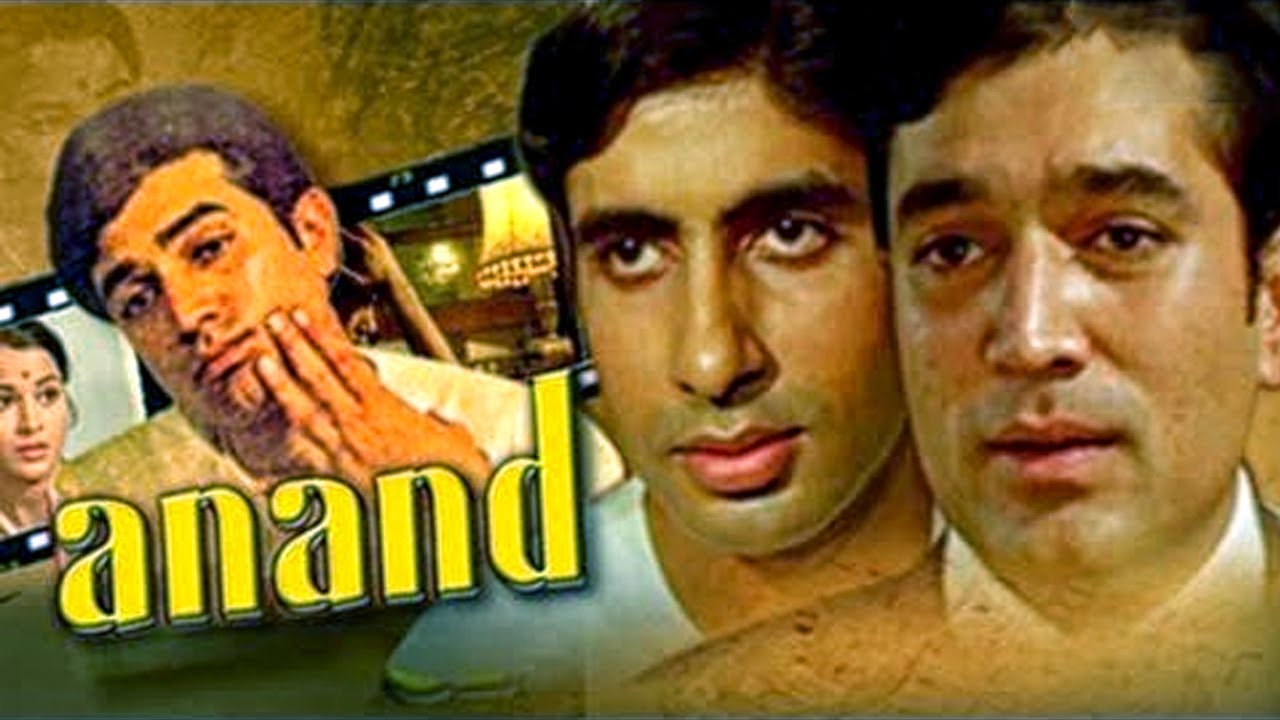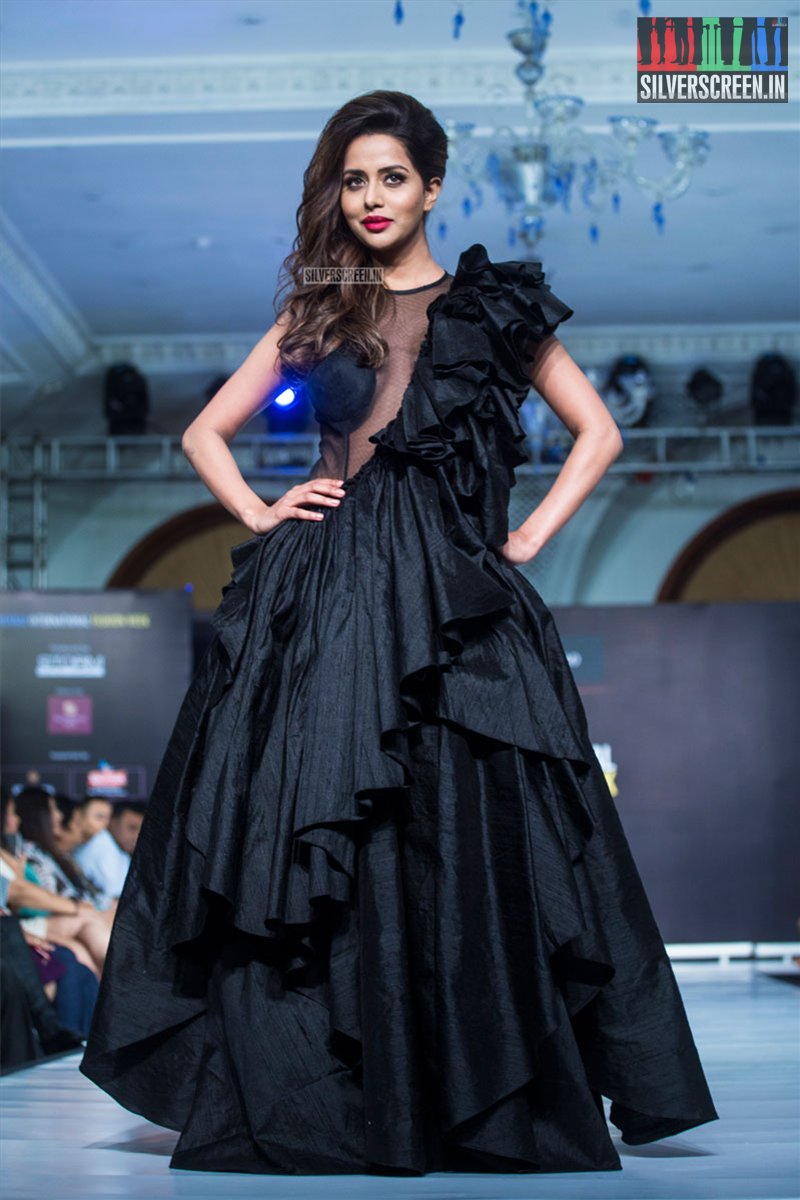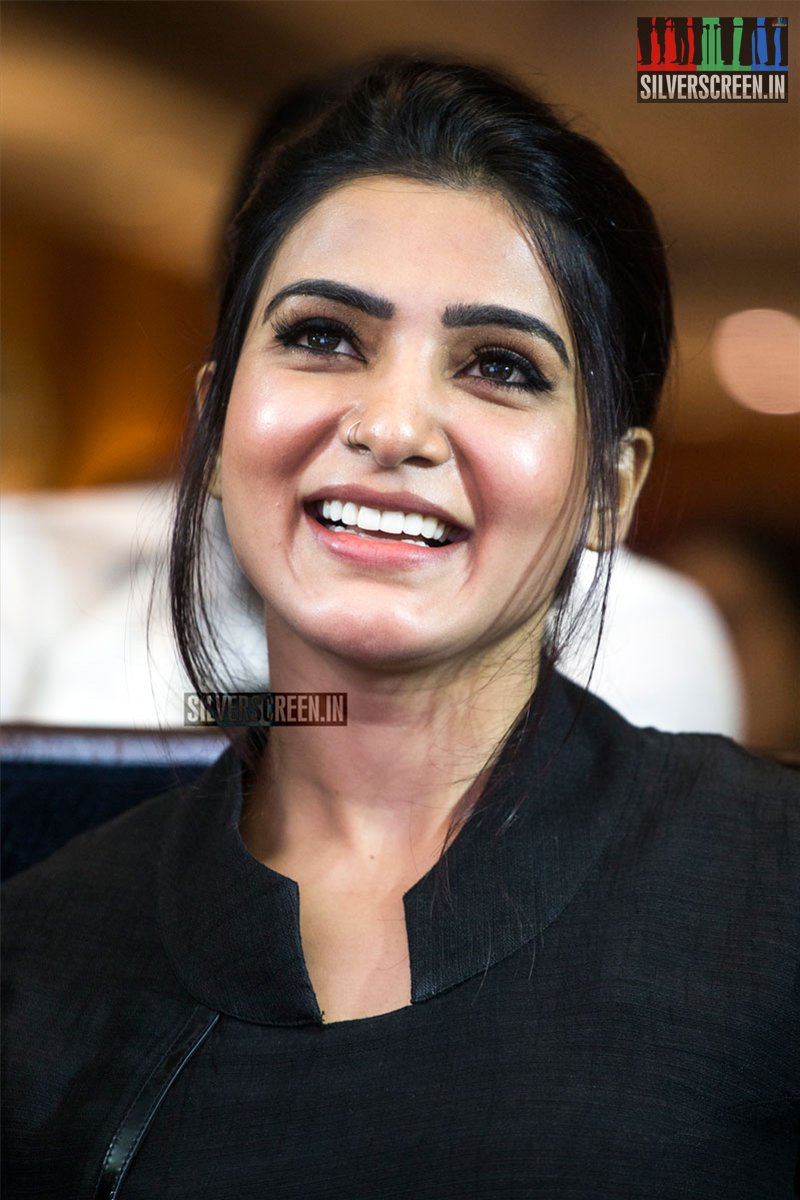Pikchar With Rita is a fortnightly column on cinema by Rita Kothari. She’s a Professor of English at Ashoka University. She does not “do” film studies.
I wonder if you would go away thinking this is a film history column if I begin with a 1947 film Jugnu. Well, let me tell you that’s not the intention. I am merely trying to remember a detail that would tell me whether, during partition when Sindhis began to leave what became Pakistan, the film Mahal was playing or not in Karachi. I suspect that that day when Vinod-ja-dada (as in my father’s elder brother), whom we called “Vinod’s father” told me about the film Mahal, he may have meant Jugnu.
I was asking Dada of the days he left Sindh. He mentioned that he left Karachi in early January and took a ship to Bombay. What was that day like, I asked. He mentioned that it was a frightening day, with nobody daring to go out on the streets. ‘I had bought a ticket to come to Bombay, but what was to be done in the time before that. The conditions were not good, and what was the safest place to go to? I went into the cinema hall and watched a film.’ He went on to describe what a good pair Ashok Kumar and Madhubala made. His wife, my aunt, whom I called “Bhen” (as in sister) because she was my mother’s sister-like cousin, reminded him that Ashok Kumar was better with Devika Rani. They argued over these details.
In my head, I tried to match the date of his leaving with the riots of early January in 1948. If that was indeed the case, Dada could not have watched Mahal. It was released in 1949. He must have watched another famous film in 1947 – Jugnu and was playing in Karachi for a long time. Dada was either mistaken about the film or the historical date. But he even hummed the song, “Aayega aayega…” from the film. He couldn’t be making that up. The date was less important than the song, and this is all I am trying to figure out.
The memory of films we have watched, songs we have heard and hummed and recalled carve a history, and believe me, this is the only history lesson I learnt from home. This was also the culture-vulture lesson I learnt from home. If Dada escaped to a cinema hall, my entire community made a similar escape after a hard day’s work as shopkeepers, vendors, hawkers…
Films and television serials formed, for us, the reference points to match ourselves against. Dada wore white pants only. He said he was influenced by Jitendra. He and Bhen produced eleven children. Each of them looked like a film star. In a family with limited means, each saved money to have clothes or hairstyles that helped them emulate the stars they had adopted. I heard Dada tell me the film story when I wanted to interview him about Partition. He mentioned going to the RSS shakha every morning and building his body, but his interest clearly lay in other memories. So you see, this is the point: this column is not about history, its other memories of watching and remembering pikchar as we go through lives, riots, lockdowns.



